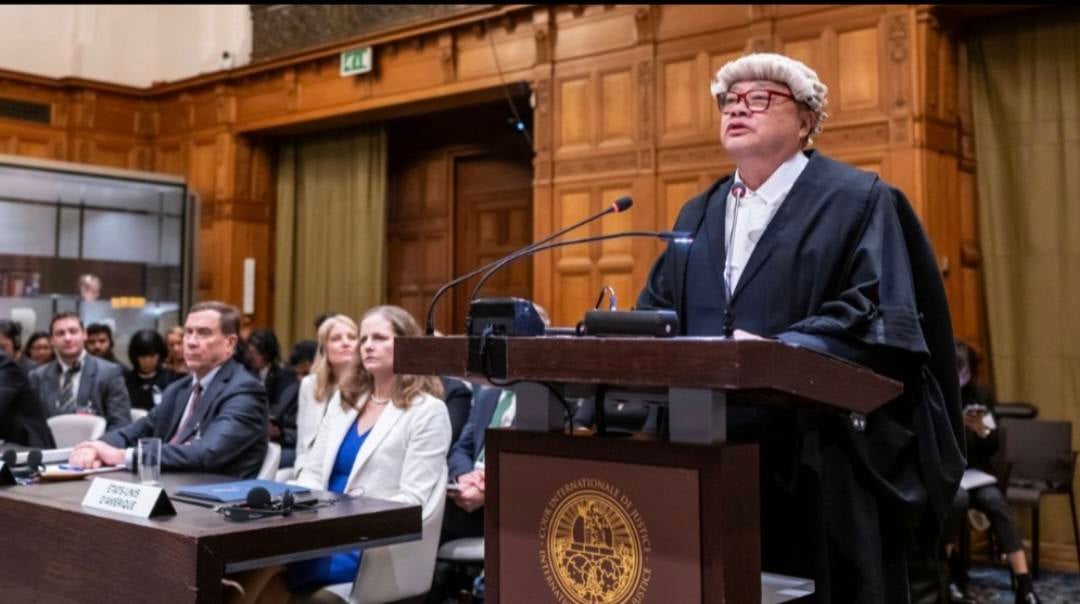COUNTRIES must act to prevent climate harm and uphold their legal duties to protect people and the planet.
This was the strong message from the International Court of Justice (ICJ) following its long-awaited advisory opinion on states’ obligations under international law regarding climate change.
Delivering the opinion in The Hague, Judge Iwasawa Yuji said climate change is a crisis of “planetary proportions” and states failing to reduce greenhouse gas emissions, especially through continued fossil fuel use, could be found internationally liable.
“Failure to protect the climate system from GHG emissions including through fossil fuel production may constitute an internationally wrongful act,” he said.
The opinion outlines that Nationally Determined Contributions (NDCs) under the Paris Agreement must meet a stringent standard of due diligence, meaning countries must submit their “highest possible ambition” in climate action.
“(In relation to climate damage) In the event that restitution should prove to be materially impossible, responsible states have an obligation to compensate.”
“The International Court of Justice has confirmed what Pacific peoples have carried in story and struggle for generations.
“States and corporations have binding obligations to cut emissions, protect human rights guided by the principle of intergenerational equity, and repair the harm already done.”
It also confirms that where climate-related harm cannot be reversed, compensation by responsible states is a legal obligation.
The ruling reaffirms what Pacific Island nations have long advocated: that states and corporations must cut emissions, uphold human rights, and repair existing damage, guided by principles like intergenerational equity.
Prime Minister, Sitiveni Rabuka has not yet announced whether the government plans to update any laws or policies in direct response to the ICJ’s opinion, but indicated that a comprehensive review is underway.



